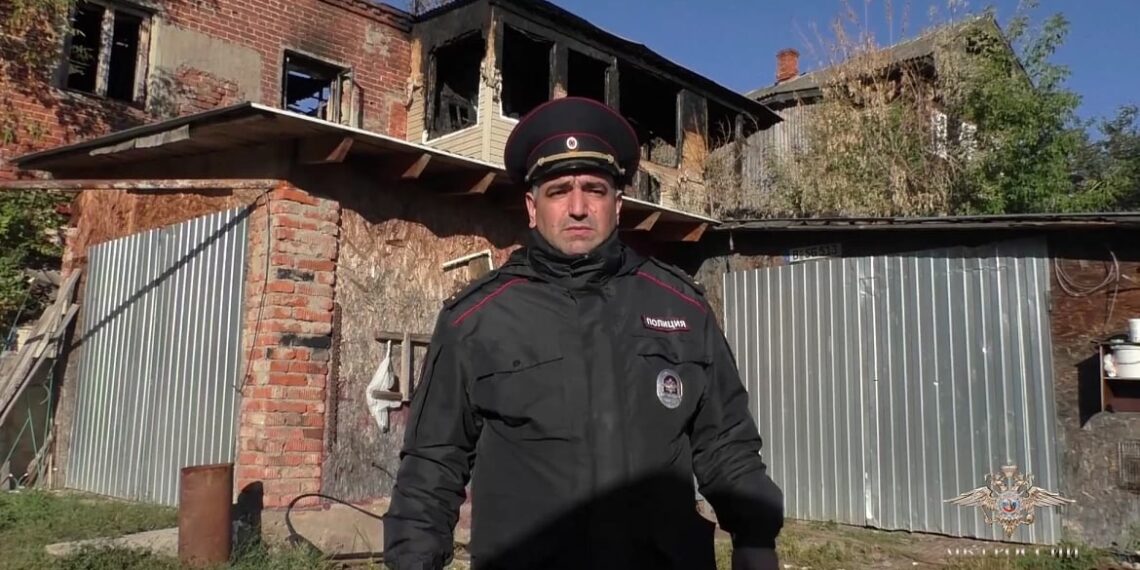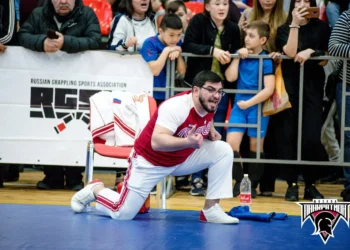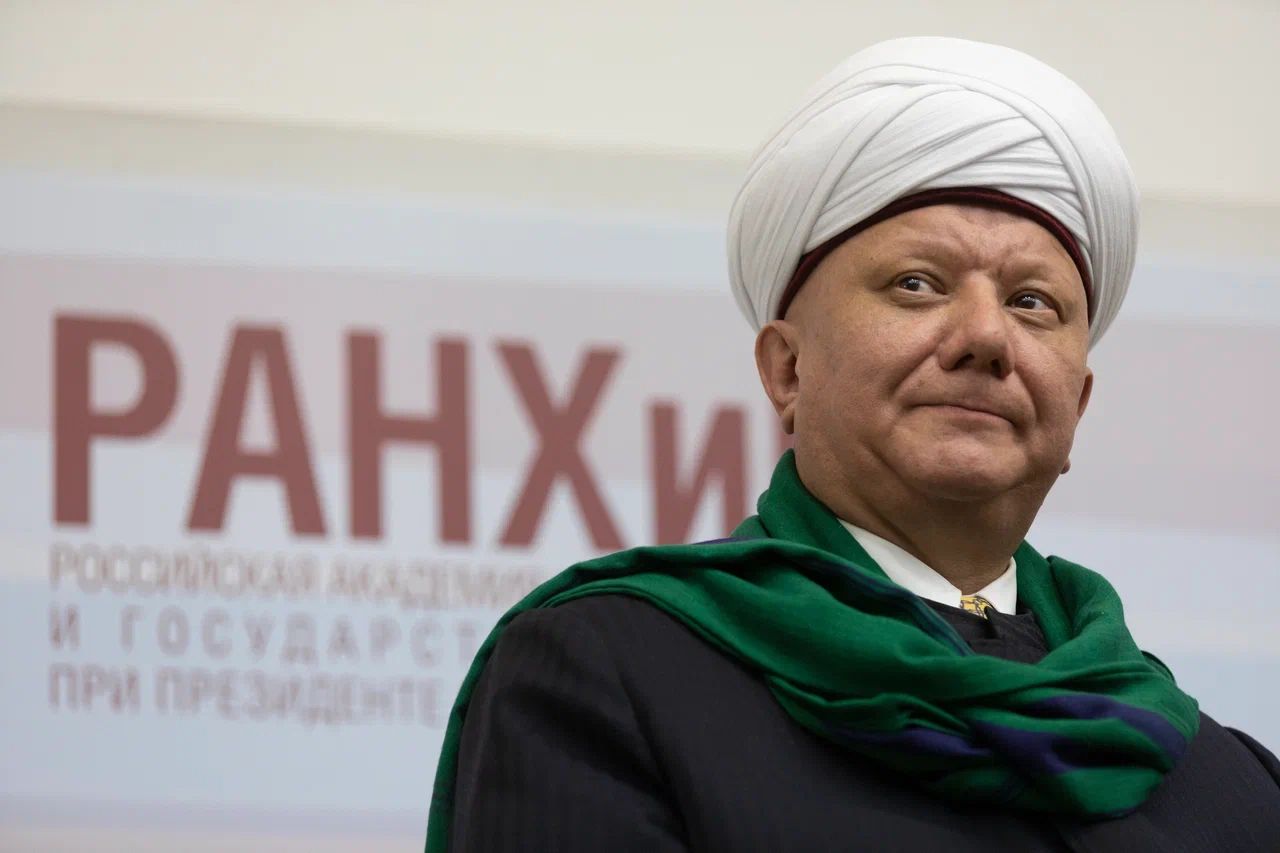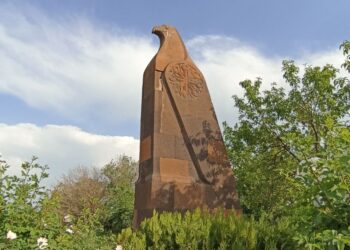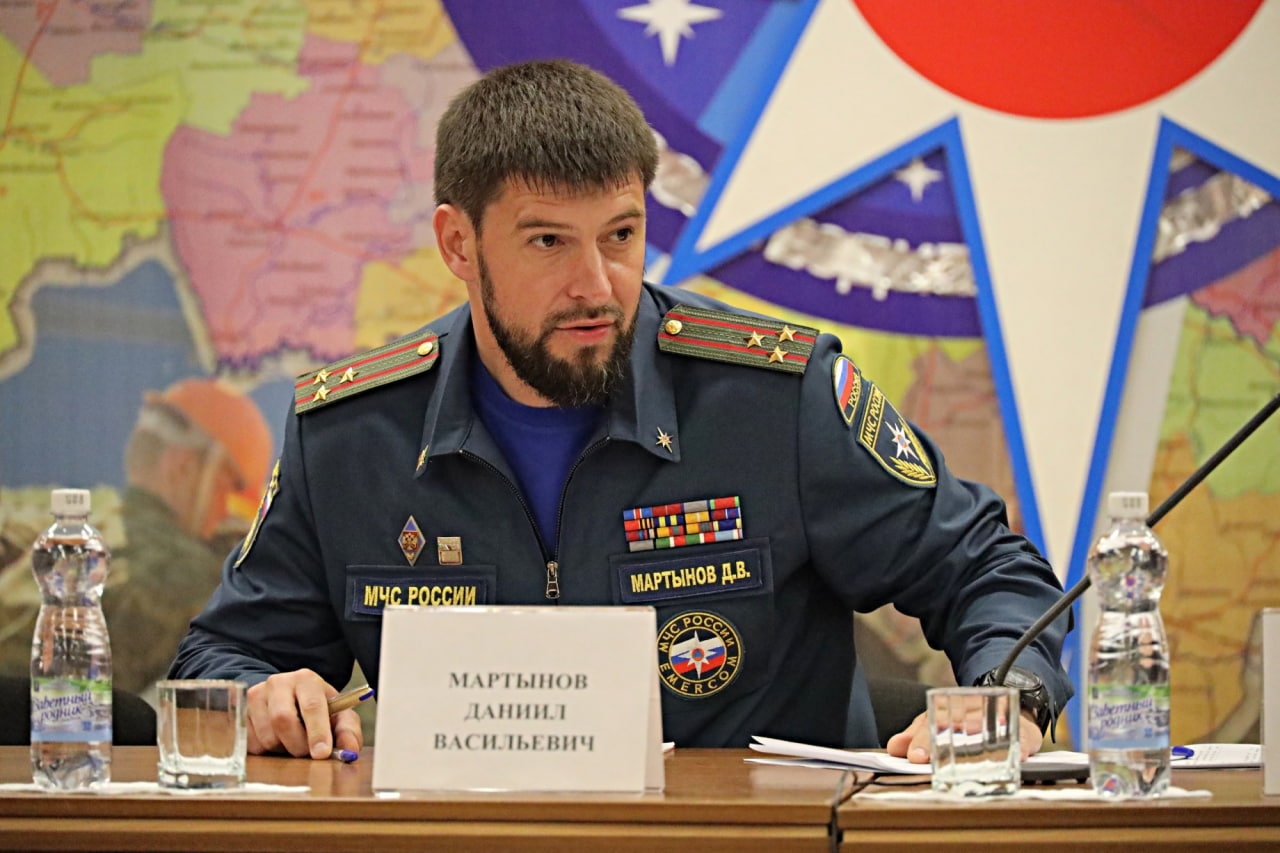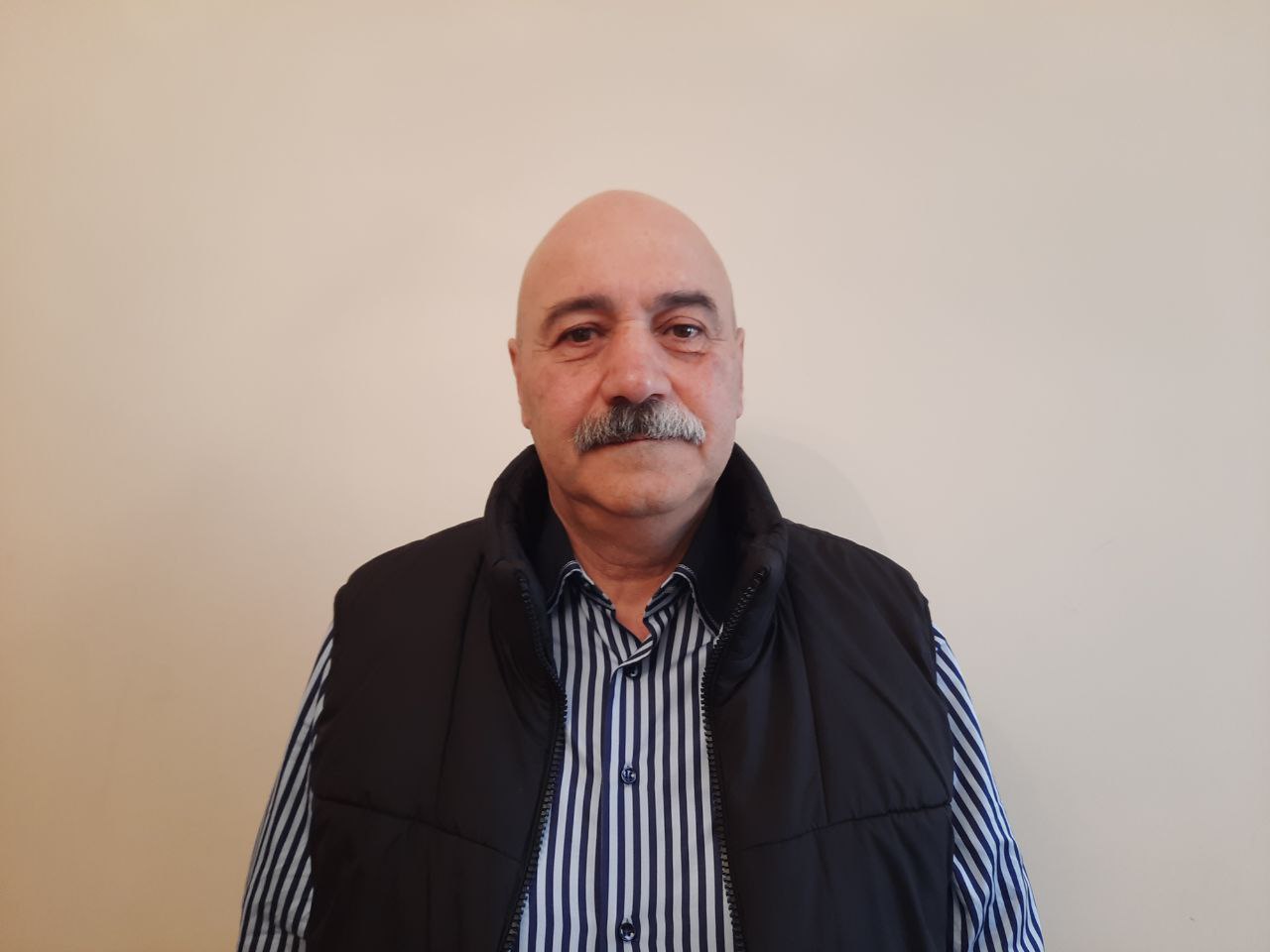IVANOVO (Realist English). On September 30, police Captain Rafael Melkumyan and his friend Armen Akopov rescued two women and young children from a fire in the Ivanovo region, the press service of the Ministry of Internal Affairs of Russia reports.
The correspondent of the Realist News Agency contacted Captain Melkumyan to find out the circumstances under which they managed to get people out of the fire. We publish the full text of the conversation.
Tell us about the incident. How did you get to the scene of the accident?
Rafael Melkumyan: Nothing foreshadowed trouble. We were in my yard, a friend from Tver, Armen Akopov, my countryman, whom I haven’t seen for 30 years, came to me. Grilled kebabs. Suddenly we saw smoke in a neighbor’s house, heard screams and ran there together. On the roof of the attached garage there was a woman with two young children, they could not get down in any way. A 2-year-old girl and a 5-year-old boy were wrapped in a blanket.
We quickly found a ladder, my friend went up to the roof, and we lowered them. First the kids, then Mom. Took them to a safe distance. At that time, the house was burning violently, the slate was flying from the fire. I put on my hood and followed the pensioner, who was on the third floor. It was a house of three apartments, in one of which my grandmother lived. We saw her in the window, she was running from side to side and did not know how to escape. Armen and I went up to the roof, took the ladder, broke the window and helped Grandma out. At that time, the whole house was on fire. It was scary, everything was in tatters, but I tried not to think about it. The only one who bothered me was my grandmother.
We took her downstairs, and then she said that all her documents were left in the house. Grandma complained that she had no passport. I had to enter the house again. Although everyone shouted and asked not to do it. my friend held my hand, everything was falling apart before my eyes. I went, I felt sorry for my grandmother. Okay, the young ones can restore everything, but for her, who will hustle to restore it all? I took the remaining package of documents from her home: the passport, SNILS, and everything else. I handed it to her and only at that moment the firefighters arrived.
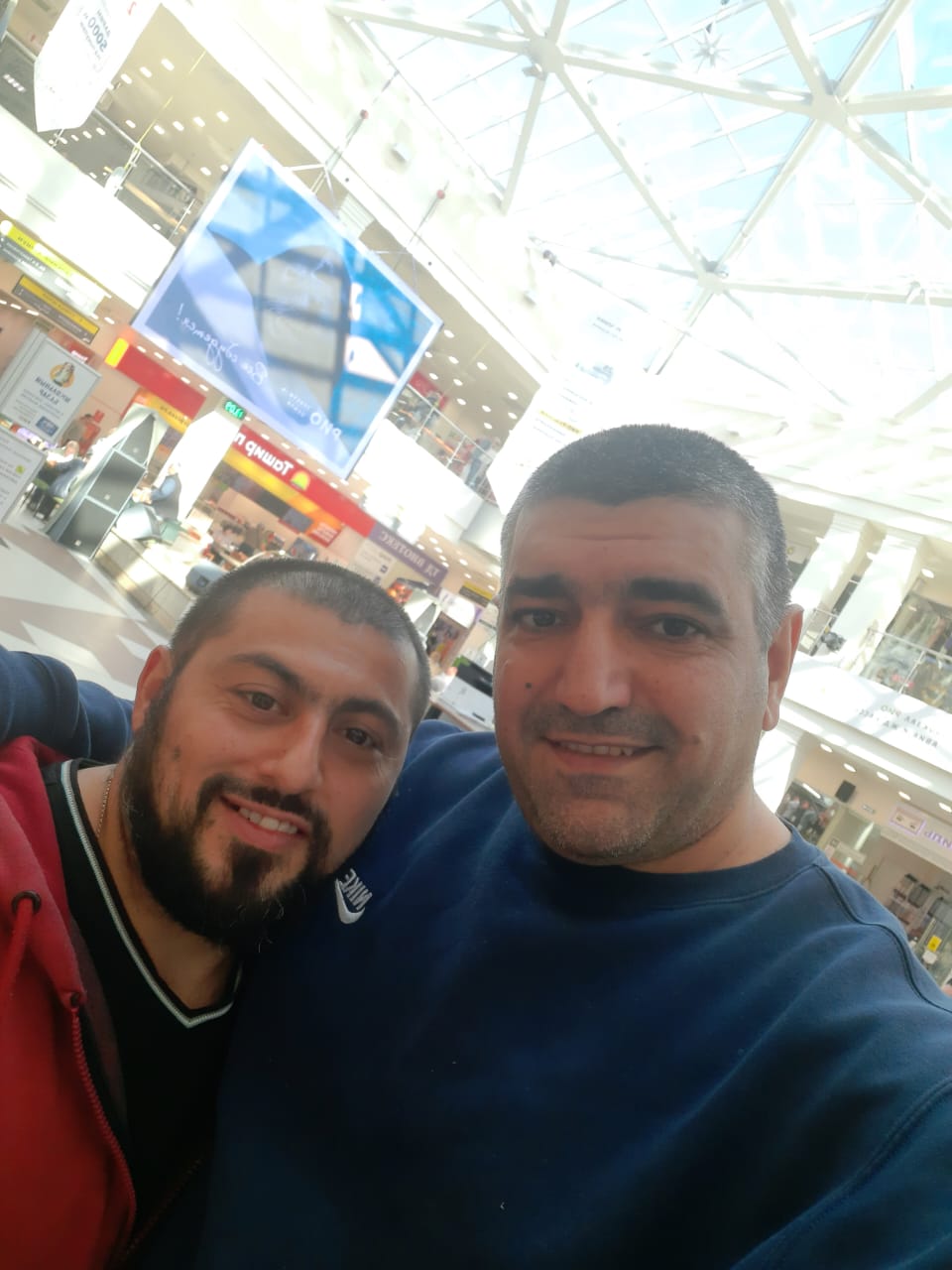
While they were doing their job, I took the victims to my home. My wife gave them food and water, they warmed up, we gave the necessary clothes to the children. But that’s not the point, everyone would do that in my place. Then I took them to their relatives.
I wouldn’t have remembered about it if I wasn’t with the police. The next morning, at an operational meeting, it was announced that I had called the firefighters to the scene. Questions began, I told everything as it was, and the chief called the press service of the Ministry of Internal Affairs of the Ivanovo region.
When did the firefighters arrive?
Rafael Melkumyan: Later, I read in the newspapers that the call about the house fire was received at 19:02 hours and at 19:06 they allegedly drove up, and at 19:20 the house was extinguished. But it wasn’t like that at all. After my call, we managed to lower the woman with the children, took out the grandmother, returned the documents twice, it was unrealistic to do it in 4 minutes. At least 15 minutes. Everything happened before their arrival.
Were you aware at that moment that you were risking your life?
Rafael Melkumyan: I didn’t think about it at first, but when I saw that everything was on fire, the slate was falling, the boards were flying, then I realized that we were in danger. The main goal was to get people out of there. I was only thinking about that.
You said that many people in your place would do the same. Do you really think so?
Rafael Melkumyan: I’ll add – any normal guy would do that. Although you know, at that moment another neighbor came up, his car was parked under this garage, and the only thing that bothered him was the safety of his car. After that, we helped him push the car to a safe distance. There were 30-40 people standing around and just watching, filming everything on their phones. They could have helped in some way, but it was probably more interesting for them to just watch.
As far as we know, you continue to help the family…
Rafael Melkumyan: I’m just that kind of person. And always has been. We have three brothers in the family, we have always tried to protect the weak and stand up for those who were treated unfairly. This, of course, is both parenting and our national trait. How can I remain indifferent, seeing that a woman has lost everything, without money, without clothes, with two children and nowhere to go. I realized that the responsibility is on me. I gave her my number, promised to bring more clothes. After that, in Odnoklassniki, one girl wrote to her and offered to help, but she replied that she had everything. She has my number. She knows that I will help in any way I can.
Has your life changed after this incident? I mean, has an internal transformation or a rethinking of values occurred? After all, you were caught between life and death.
Rafael Melkumyan: When you think about it, yes. “But I don’t think I did something heroic. I did what I had to do. Since then, my relatives and colleagues have been talking to me about my act, but I say: I don’t need anything. No titles, no medals. People are alive and well — this is the reward for me.
We don’t have such a big police department. There are 400 employees in total. I am the only Armenian among them, and when it happened, they all said that I, being the only Armenian, committed such an act. I am pleased when my Armenian surname sounds in this context. That’s what I’m most happy about.”
What does heroism mean to you?
Rafael Melkumyan: When you first of all remain human, even when it is very difficult. When you don’t leave people in trouble, you help, even if you have to risk your life. This is the behavior of a normal person, but today it is considered heroism.
Tell us a little about your life. Why did you decide to become a policeman?
Rafael Melkumyan: I was born in Baku, lived in Sumgait, my parents are from Nagorno-Karabakh. I perfectly remember the terrible events of that time, the focus of which was Sumgait. No matter how hard it is for me to remember it, I often tell the children about those events. I remember very well how they broke into the house, how they broke down the doors. I was a kid. I was 6 years old, it was 1988. I remember every little thing. Then we had to go to Turkmenistan, where my aunts live — 3 sisters of my dad. We lived there for a year, after which we left for Armenia, where we stayed until 1994. Then they moved to Russia. We live here, have settled down, create families, raise children. It was a difficult childhood, but that’s nothing — we live.
How did I come to the profession? I went in for sports since childhood: judo, boxing, sambo, hand-to-hand combat. I traveled all over the country, always rushing forward.
My late uncle was the head of the investigation here, Lieutenant Colonel. He advised me to go to the police (at that time that was militia), with my background, he saw the future in me. At that time I was engaged in cargo transportation, but he persuaded me to make the choice in favor of the service. I just got married then, my daughter was born, I needed a goal and stability. I was still studying at the law institute, my education was suitable. That’s how I’ve been working in the police since 2007.
You know, it’s not an easy job, but I think the most important thing is to have patience. There are different situations where you want to act emotionally. But in our profession you have to be a good psychologist.
Once I responded a call, they send me to all sorts of dangerous acute incidents, because I am agile, athletic and I always cope. It so happened that I was left alone with a very aggressive armed man, he had a knife in his hands. I managed to convince him only with words to throw the knife on the ground and get into my car. We talked for a long time, I didn’t use physical force.
Being a psychologist, having patience and serving honestly is the most important thing in our profession.
Imagine that you are standing on the podium and addressing all boys, guys, men — regardless of nationality. What would you wish them?
Rafael Melkumyan: Go in for sports. Sport is life and movement. Don’t smoke, don’t drink, study! Now, it is difficult to live without education. I advise you to listen to your parents and help the poor and needy.


